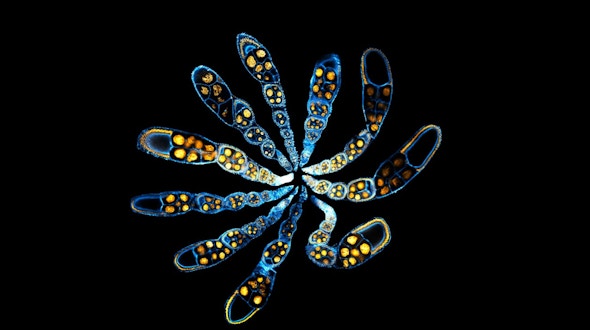Aminimal dynamical system and analog circuit for non-associative learning
Learning in living organisms is typically associated with networks of neurons. The use of large numbers of adjustable units has…

Our theoretical and computational work is designed to integrate and abstract rapidly accumulating heterogeneous datasets, to propose critical tests of multiscale regulatory mechanisms, and to guide our own genetic and imaging experiments. Our research is organized around three main themes: the mechanistic modeling of pattern formation and morphogenesis; the synthesis and decomposition of developmental trajectories; and the modeling of human developmental defects. Current projects focus on small cell clusters (motivated by our work on early embryos and animal germline development), graph dynamics in rearranging cell networks (motivated by problems of epithelial morphogenesis), and the effects of activating mutations in signaling enzymes (motivated by our work on a large class of human developmental abnormalities).
Learning in living organisms is typically associated with networks of neurons. The use of large numbers of adjustable units has…
Synthetic biology is creating genetically engineered organisms at an increasing rate for many potentially valuable applications, but this potential comes…
ACS Synthetic BiologyFor investigations into fate specification and cell rearrangements in live images of preimplantation embryos, automated and accurate 3D instance segmentation…